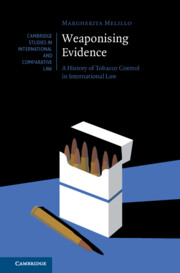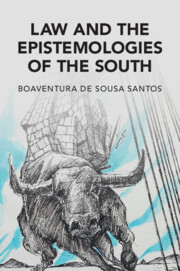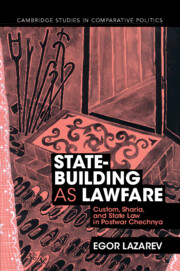The role of social movements and civil society actors in rights advancement has been frequently emphasised. The assumption is that legal mobilisation by civil society actors works towards the extension of rights and the emancipation and advancement of justice for distinctive (minority) groups in society. While traditionally, socio-legal attention on social movement and civil society actions around rights promotion was particularly prominent in the US, for some time now the European context has also been approached from such a socio-legal lens. However, a one-sided, liberal–progressive understanding of social mobilisation around rights has, importantly, been put to the test by recent manifestations of societal actors. Conservative actors tend to (1) promote a restrictive interpretation or a radical reinterpretation of existing rights (e.g. abortion, free speech), (2) limit the diffusion of new rights (e.g. the rights to euthanasia or legalizing surrogate maternity) and/or (3) call for the interruption of the further extensions of rights (e.g. with regard to same-sex marriage, LGBTIQ issues). The analysis of legal mobilisation by such conservative right-wing actors indicates that mobilisational repertoires are strikingly similar to those of liberal actors. This article will discuss the notions of civil society and legal mobilisation and call for a rethinking of these concepts, in part because of the increasing manifestation of societal actors that are in contrast to the traditional liberal paradigm. The article will subsequently engage in a detailed study of one such actor – the Polish legal think tank Ordo Iuris (OI) – with regard to its third-party or amicus curiae interventions at the European Court of Human Rights (ECtHR), stressing the difference of orientation of such interventions from those of liberal actors and also indicating dimensions of ambivalence and similarity in their approaches.


